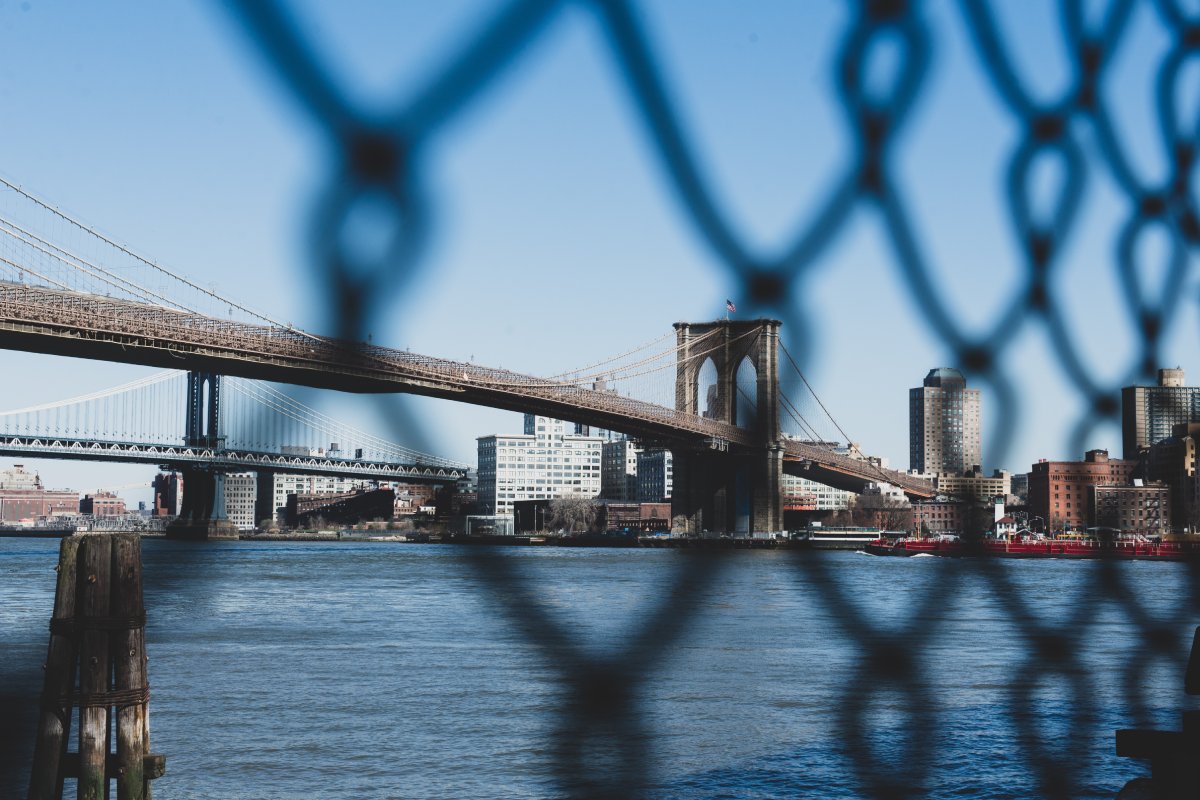Visa Delays Hurt U.S. Tourism Marketing

Skift Take
U.S. destinations want more first-time tourists, but they don't want to waste their time and money on those that have no hope of getting a visa in a reasonable amount of time.
Long visa processing times are restricting destination marketers' ability to attract new tourists from key international markets.
The average wait time for a U.S. embassy interview for a first-time visitor visa applicant in India, Brazil, China and other top countries for U.S. tourism exceeds over 400 days on average, according to the U.S. Travel Association. Wait times vary by embassy in each country.
“To grow, we have to be able to attract new travelers who need visas,” said NYC Tourism +Conventions President and CEO Fred Dixon.
In these countries with long visa backlogs, destinations focus on touris
